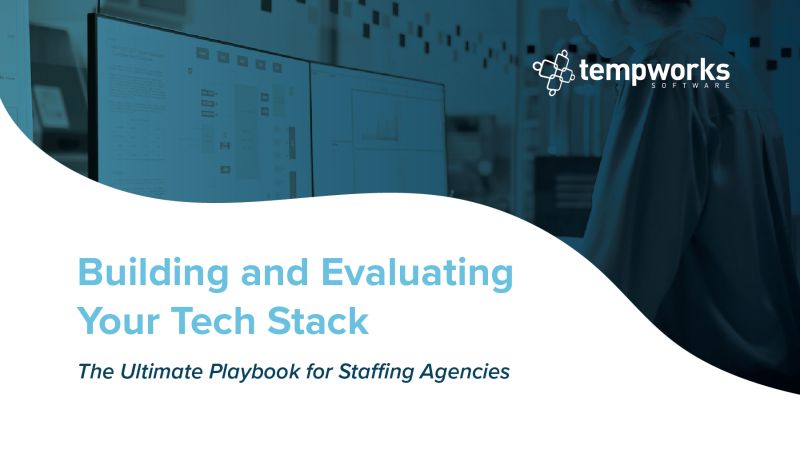In the past several years, emotional intelligence was frequently listed as a top skill that employers sought in their new hires. The onset of the pandemic – and its resulting changes to everyday work life -has only increased the need for workers with high emotional intelligence. It’s a trait that can help us stay resilient, adapt to constantly evolving circumstances, and manage relationships with coworkers to the best of our ability. Outside the workplace, emotional intelligence can also positively affect one’s mental health and quality of life.
But what exactly is emotional intelligence? Loosely defined, emotional intelligence is a person’s level of self-awareness and self-management. It measures traits like empathy, adaptability, emotional self-control, and teamwork. An employee with high emotional intelligence will generally work well with others and adapt quickly to difficult situations. They are also often honest about any difficulties they experience and seek help from coworkers when appropriate, ensuring that projects and tasks are completed in a timely manner. In contrast, someone with low emotional intelligence may be overly sensitive and difficult to work with.
There are many different facets to emotional intelligence, which can be broken down into four areas:
- Self-Awareness
- Self-Management (self-control, adaptability, positive outlook)
- Social Awareness (empathy)
- Relationship Management (influence, teamwork, leadership)
It’s natural for employees to be strong in some areas and weaker in others. For example, someone might have high levels of empathy, but lack emotional self-control. To incorporate higher levels of emotional intelligence in the workplace, employees should identify which areas they excel in and take steps to improve their weaker areas. For these employees to make substantial advancement, managers should provide coaching and feedback as often as possible.
Fostering emotional intelligence in the workplace is key for maintaining high productivity and good spirits in difficult times. With an emotionally intelligent team, your business will enjoy greater adaptability and success.



















